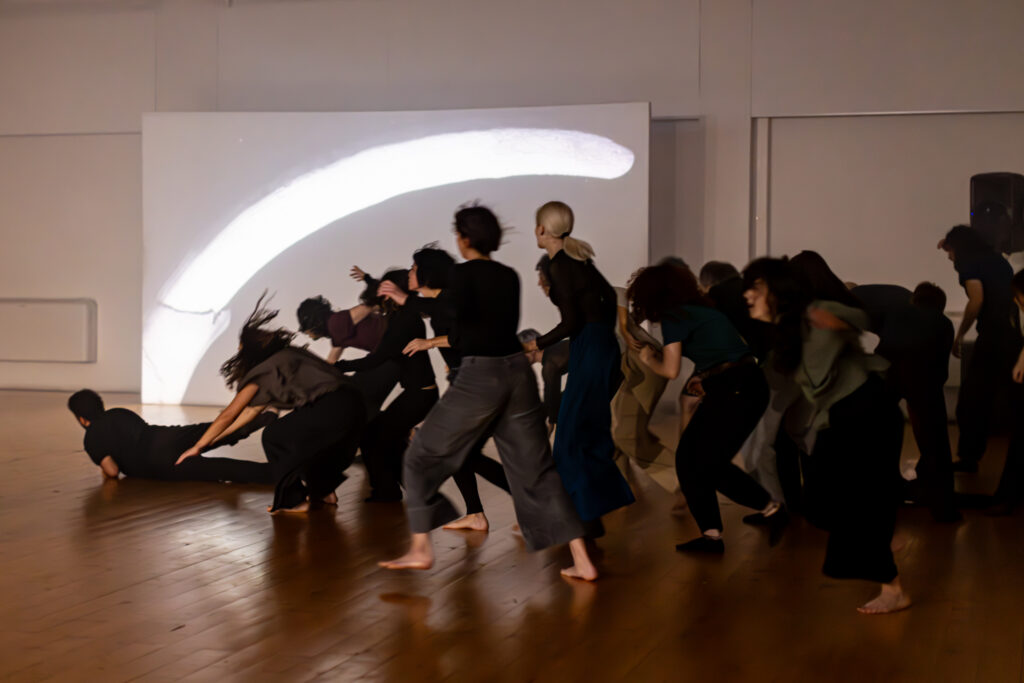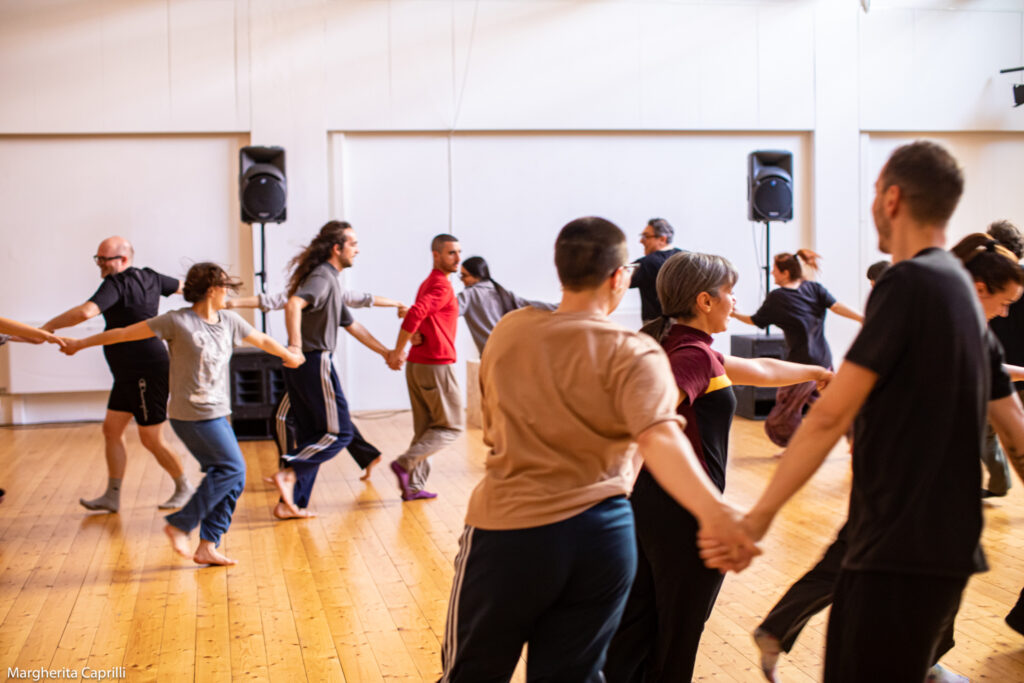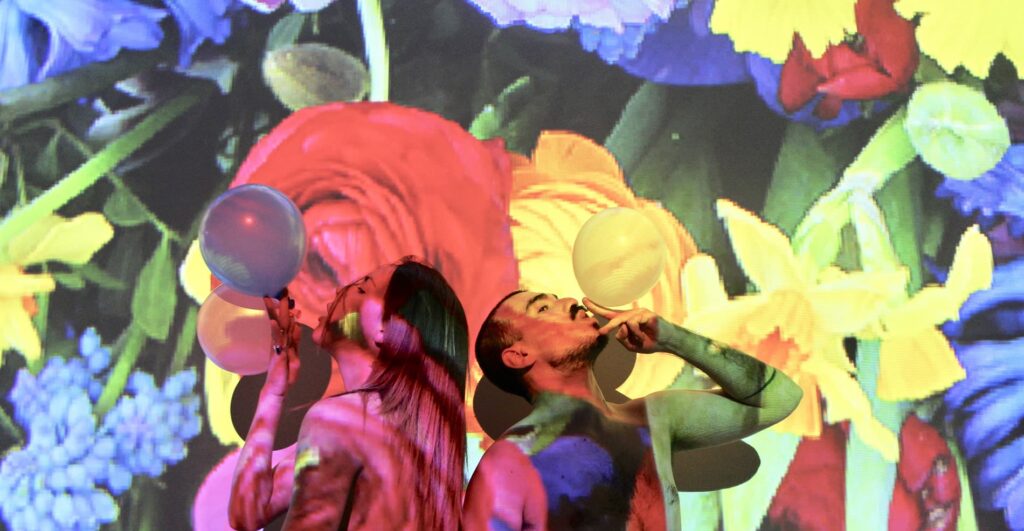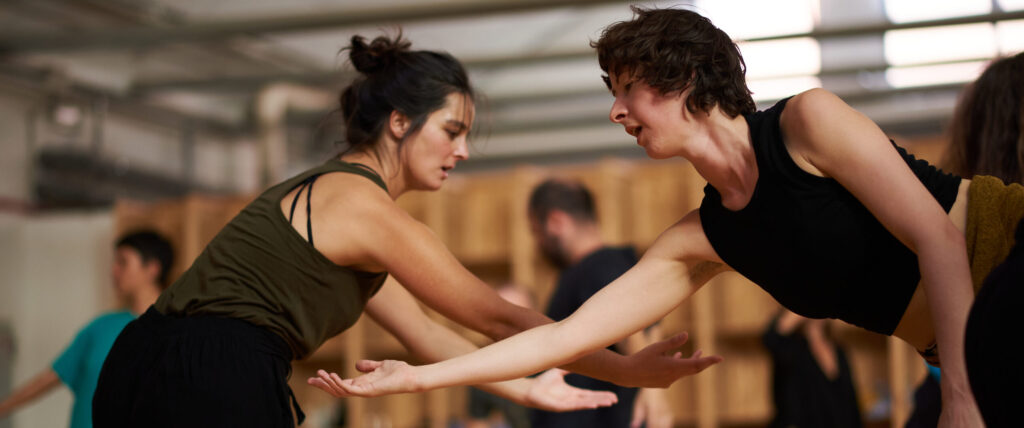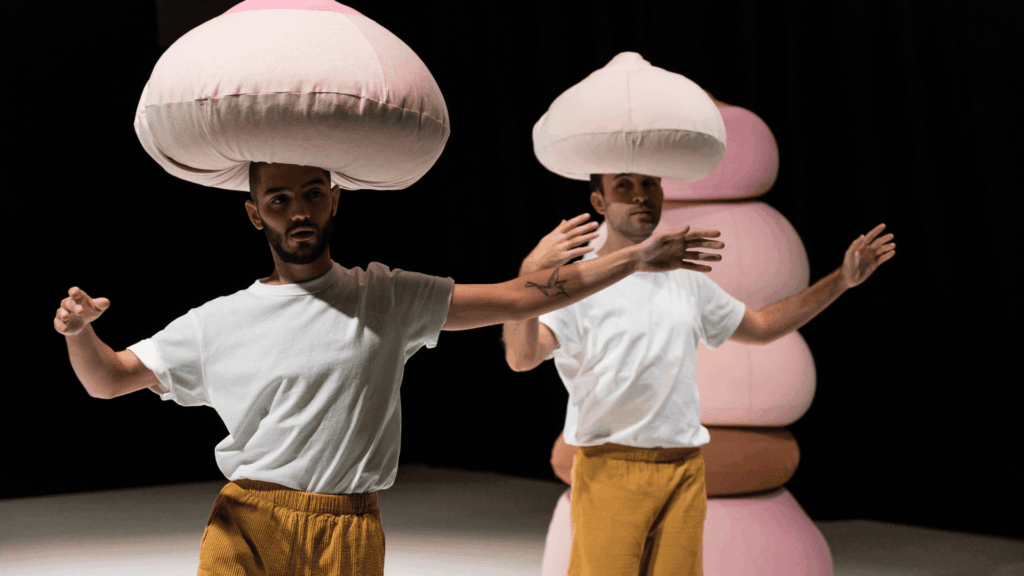Swans Never Die
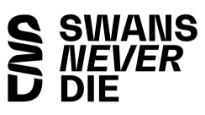
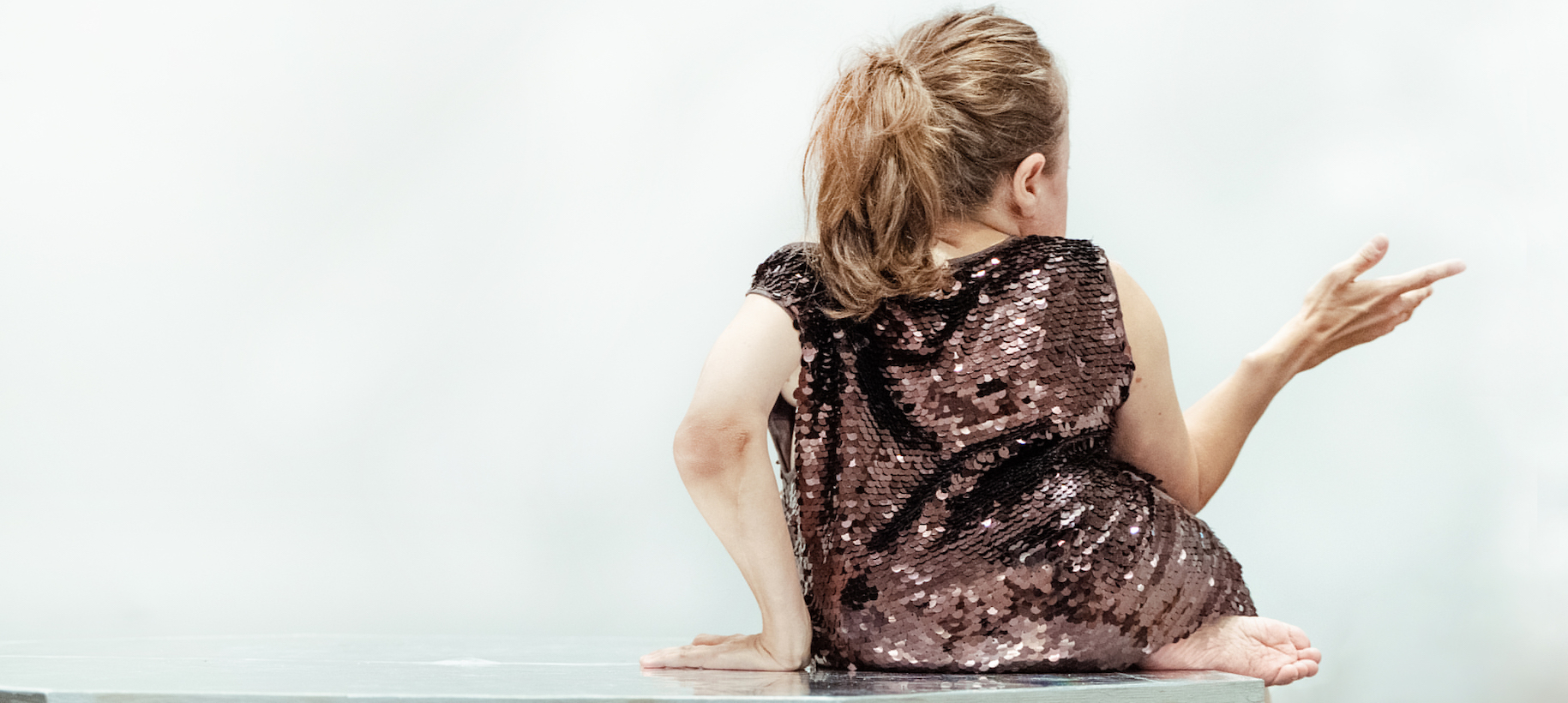
Il progetto
Network Project
What remains today of a choreographic work that is considered a milestone in the early twentieth-century history of western dance? In what kind of forms and bodies has it survived through time? Who picks up this heritage and why? In what cultural and geographical contexts can it re-emerge? How has it been transformed through the multiple reinterpretations that have been released in the course of a century? What is its influence in today’s choreographers and what values can it bring in the future?
Goals
This is a project shared and promoted by a network that has decided to unite ideas and work together. Between 2021 and 2022 it will offer joint programming ( live and online) that consists of performances, workshops, meetings, webinars and artistic residencies that invite the audience on a journey to rediscover a classic masterpiece through its contemporary reinterpretations. By following the stages of this journey between history and memory, the audience will be able to discover a choreographic work from the past and the many forms this dance has taken over time since it was first choreographed in 1905.
Project partners
Piemonte Dal Vivo Foundation, APS Arcigay Il Cassero di Bologna, Municipality of Bassano del Grappa, Bolzano and Trento Haydn Foundation, Triennale Milano Teatro (CRT/Teatro dell’Arte Foundation), Brescia’s Teatro Grande Foundation, Department of Philosophy and Cultural Heritage – Ca’ Foscari University of Venice, Drama, Art and Music Studies (DAMS) – University of Turin.
The projects
Peso Piuma
by and with: Silvia Gribaudi
music: Nicola Ratti
coproduction: Associazione Culturale Zebra
Swaën
choreography, dance: Camilla Monga
music: Filippo Vignato, Emanuele Maniscalco
lightning design, scenography: Camilla Monga
tec: Walter Ballini
co-production Associazione Culturale VAN
L’Animale
by: Chiara Bersani
with: Veronica Tulli scena,
light: Valeria Foti
with the collaboration of: Richard Gargiulo, Sergio Seghettini
vocal drammaturgy: Francesca Della Monica
drammaturgy assistant: Giulia Traversi
creation assistant: Marco D’Agostin, Elena Giannotti
promotion, cura: Giulia Traversi
creative support Federica Della Pozza
logistics and organization: Eleonora Cavallo
administration: Chiara Fava
Open Drift
choreography, light and costumes: Philippe Kratz
performer: Antonio Tafuni, Nagga Baldina
music: Borderline Order
La morte del cigno
by: Marius Petipa
with: Virna Toppi
Living like I know I’m gonna die
by Collettivo MINE
concept, choreography and performance: Francesco Saverio Cavaliere, Fabio Novembrini, Siro Guglielmi, Roberta Racis, Silvia Sisto
sound: F. De Isabella
styling: Ettore Lombardi
photos and video: Tonia Laterza
Peso Piuma – collective
by: Silvia Gribaudi
with: Lisa Mariani, Nadja Guesewell, Viola Scaglione, Luca Tomasoni, Flavio Ferruzzi – Balletto Teatro di Torino
Momento
a project by: Stefano Mazzotta
with: Stefano Mazzotta, Amina Amici – Zerogrammi
What I am is already gone – Per corpo affaticato
by: Daniele Ninarello – Codeduomo
with: Ornella Brero
esternal eye: Francesca Dibiase
Bright Feathers
concept and choreography: Raphael Bianco
with: Fabio Cavaleri, Vincenzo Criniti, Cristian Magurano – Egribiancodanza

